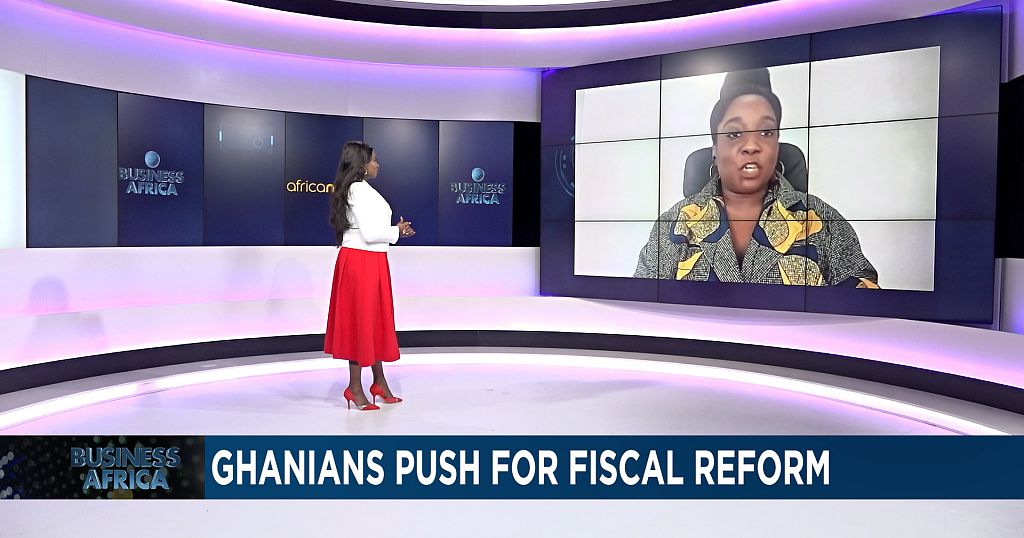
Ghana and Africa’s Economic Crossroads Amid Christmas Festivities
As the year winds down, Ghana’s economic landscape takes center stage, highlighting both challenges and opportunities. Recent developments underscore the country’s urgent need for fiscal reform and strategic planning. With a new administration in place, hopes are high for measures that could stabilize the economy. Key priorities include fiscal discipline, job creation, and price stability. The nation is navigating an IMF-supported recovery program, and stakeholders emphasize the importance of building investor confidence while fostering growth in sectors like technology, agriculture, and the creative industries.
Ghana’s cocoa industry, a significant economic driver, is under pressure. The Ghana Cocoa Board (COCOBOD) has revised its harvest projections downward for the second time this season due to adverse weather conditions. Reduced rainfall and the Harmattan dry winds have contributed to lower yields, with forecasts now standing at approximately 617,500 tons—well below earlier estimates. Experts warn that this could exacerbate the depreciation of the Ghanaian cedi, which faces mounting risks as export revenues dwindle. Financial analyst Joe Jackson predicts that 2025 will bring even greater challenges, urging stakeholders to brace for tough times.
Also Read:- Sean Hannity and Ainsley Earhardt Are Engaged After Long-Distance Relationship
- Steve Smith’s Memorable Innings Ends in a Strange Fashion at the MCG
Meanwhile, Nigeria grapples with the continued depreciation of its currency, the Naira, which has plummeted to record lows against the US dollar. The reliance on imports has heavily strained the economy, sparking calls for increased investment in local production. Economists argue that bolstering domestic industries could reduce import dependency, stabilize the currency, and revitalize Nigeria’s economic prospects.
Across the continent, the Christmas season presents a brighter narrative. The festive period is not only a cultural celebration but also a significant economic stimulus. From bustling markets to street parades, the holiday season drives commerce, creating opportunities for small businesses and communities to thrive. Families and individuals contribute to heightened economic activity through travel, retail spending, and social gatherings, underlining the holiday’s dual role as a cultural and economic cornerstone.
As Ghana and Nigeria navigate their respective economic challenges, the broader African landscape showcases resilience and adaptability. Collaborative efforts between governments, private sectors, and citizens will be critical in shaping a sustainable and prosperous future for the region.
Read More:



0 Comments